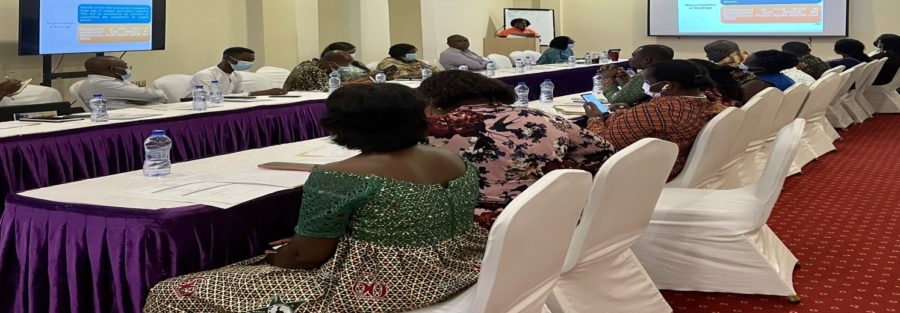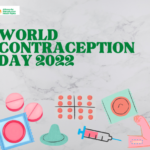ARHR, in partnership with the Ghana Health Service (GHS), on Wednesday, October 5, held a consultative meeting in Accra with state actors from the Western, Greater Accra, and Volta Regions to disseminate findings of a GHS’s Frontline Health Service second round assessment; to discuss and find solutions to identified priority gaps in the study.
The Assessment
The assessment is the second in a series of assessments being carried out by the GHS with support from the World Health Organization (WHO) to identify the current and surge capacities of hospitals for COVID-19 case management (availability of clinical tools and essential supplies); health facility and workforce capacities to maintain the provision of essential health services throughout the pandemic; community health needs; changes in care seeking behavior; barriers to care; and disruptions to community-based care during the COVID-19 pandemic. The assessments seek to improve data, evidence, and knowledge throughout the course of the COVID-19 pandemic and to strengthen tracking and monitoring of health services to respond to COVID-19 while maintaining other essential health services.
It covered 148 health facilities across the Northern, Middle, and Southern zones of Ghana, including nine (9) regional hospitals, 27 district hospitals, 54 CHPS and health centres, and four (4) teaching hospitals that were not included in the first round assessment.
Findings
Overall, the results of the survey showed that the health facilities had the capacity to continue the provision of essential services while also responding to the COVID-19 pandemic. Nonetheless, significant challenges persist. These include inadequate PPE for workers, inadequate COVID-19-related training and assistance for staff, and limited diagnostics at facilities. The survey also identified gaps in the availability of therapeutics, testing facilities, and oxygen and ICU beds for COVID-19 case management.
Conclusion
The meeting brought together about 40 stakeholders who interrogated the assessment’s gaps and drew out specific courses of action for effective intervention and contributions to future surveys. Participants unanimously agreed that there is a need for coordinated efforts to equip facilities with the necessary therapeutics, diagnostics, and PPE needed to improve their capacity to offer essential health services and manage COVID-19 patients.



